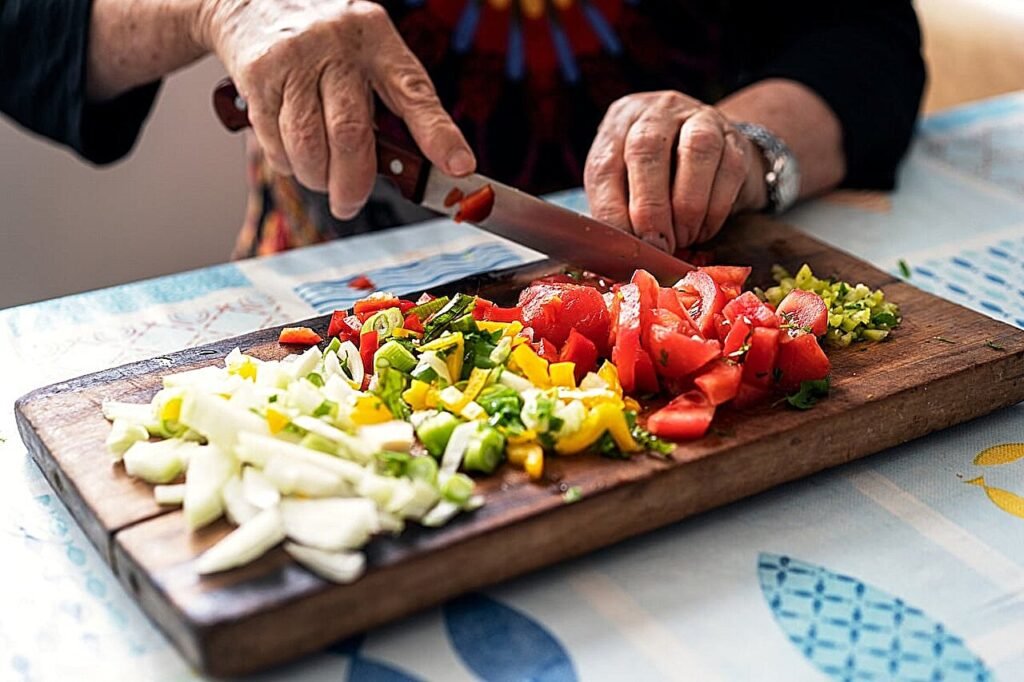What was once tossed into compost bins could soon help grow stronger crops and even support human health, new research suggests.
A series of recent studies published in American Chemical Society (ACS) journals reveal how scientists are transforming food waste—from sugar beets to coconut fibers—into valuable materials for farming and nutrition.
One study found that sugar beet pulp could serve as a natural alternative to synthetic pesticides. Researchers converted the pulp’s pectin-rich fibers into carbohydrates that helped wheat resist powdery mildew, a common disease. They said this natural method could reduce the need for synthetic sprays.
In another study, scientists discovered that millipede-composted coconut fibers can replace peat moss, a material often used to start seedlings but harvested from sensitive ecosystems. The new “millicompost” performed just as well as peat in growing bell pepper seedlings, potentially making seed production more sustainable.
A separate review highlighted that radish leaves may be more nutritious than the roots themselves. Rich in fiber, antioxidants, and bioactive compounds, the leafy greens supported healthy gut bacteria in lab and animal studies. These findings suggest radish tops could one day be used to develop foods or supplements that promote gut health.
Another paper focused on preserving nutrients found in beet leaves. Scientists used a special drying process to encapsulate beet leaf extract into tiny microparticles, making them more stable and effective for use in cosmetics, foods, or medicines.
More information: The U.S. Environmental Protection Agency has more on composting at home.
© 2025 HealthDay. All rights reserved.
Citation: Don’t toss those veggie scraps—they might be healthier than you think (2025, October 10) retrieved 10 October 2025 from https://medicalxpress.com/news/2025-10-dont-toss-veggie-scraps-healthier.html
This document is subject to copyright. Apart from any fair dealing for the purpose of private study or research, no part may be reproduced without the written permission. The content is provided for information purposes only.


